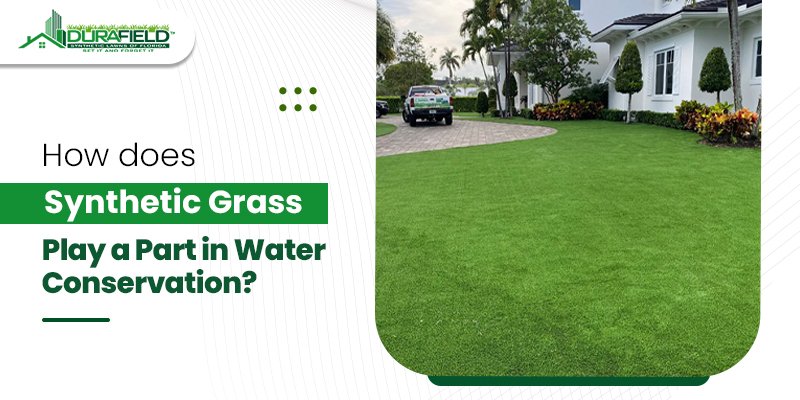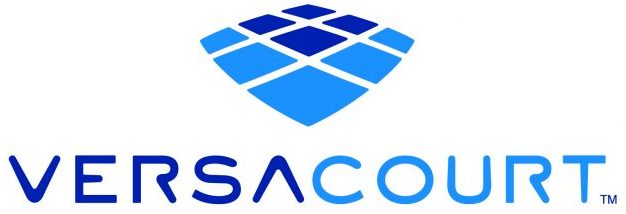One of the most pressing and recent issues that many regions in the world are facing is water conservation. As the climate changes and urban areas expand, the need for water increases, which is ultimately making these resources precious. As the saying goes, “Precious things should be conserved”, so as a responsible citizen, it is our duty to take significant steps. One solution gaining popularity in Palm Beach and other Florida counties is artificial turf solutions.
Its ability to reduce landscape water in the face of unprecedented drought, coupled with its durability and aesthetic appeal, has made it a compelling choice for homeowners and businesses alike. Let us examine how synthetic grass is playing a major part in water conservation efforts in Palm Beach and other areas.
The Significance of Water Conservation
The daily water consumption of the average American is between 100 and 175 gallons. More water is used for dishes, laundry, and showers, And for landscaping upkeep, it accounts for 54% of all residential water usage. So, cutting back on your water use will not only have a bigger effect on lowering your monthly payment but also aid in safeguarding one of the world’s most precious and finite resources. That all means you should go for installing fake grass in Palm Beach to cut water use by more than half.
Environmental Benefits of Switching to Artificial Grass
Artificial turf, also known as synthetic grass, is a water-efficient landscaping solution that imitates the look of natural grass without requiring frequent mowing, watering, or chemical treatments. Artificial turf is designed from long-lasting, high-quality fibers and offers a year-round green aesthetic that enhances the beauty of landscapes while drastically minimizing water usage.
Among the main advantages of using artificial turf solutions for the environment are:
- Drought-Resilient: Artificial grass is thought to be drought-resistant because it conserves water and isn’t affected by droughts on its appearance. Compared to natural grass, artificial turf requires significantly less water. Artificial grass maintains its rich color and health regardless of the weather or environment.
- Reduced Chemical Usage: Unlike natural grass lawns that many times require fertilizers, and pesticides, artificial grass removes the need for these chemicals, reducing pollution and runoff into waterways.
- Reduced Irrigation: Unlike real grass, artificial turf doesn’t need to be watered frequently to be vibrant and healthy. It requires no additional watering after installation, even during the hottest and driest summers. During dry seasons, outdoor watering can account for a large portion of water use, but it can also drastically cut down on water usage.
- Long Lifespan: With proper maintenance, artificial grass can last for many years, reducing the frequency of replacements and minimizing waste sent to landfills.
The Bottom Line
Indeed, artificial turf solutions are one of the best approaches to conserving water. As mentioned earlier, this also helps you save on water bills while still enjoying a gorgeous, low-maintenance lawn year-round. So, if there is anything about the artificial turf, get in touch with Durafield. We are a skilled and knowledgeable artificial grass business that can provide top-notch artificial lawn products made in America. We can assist you in creating and installing an ideal artificial grass lawn according to your demand and budget.




